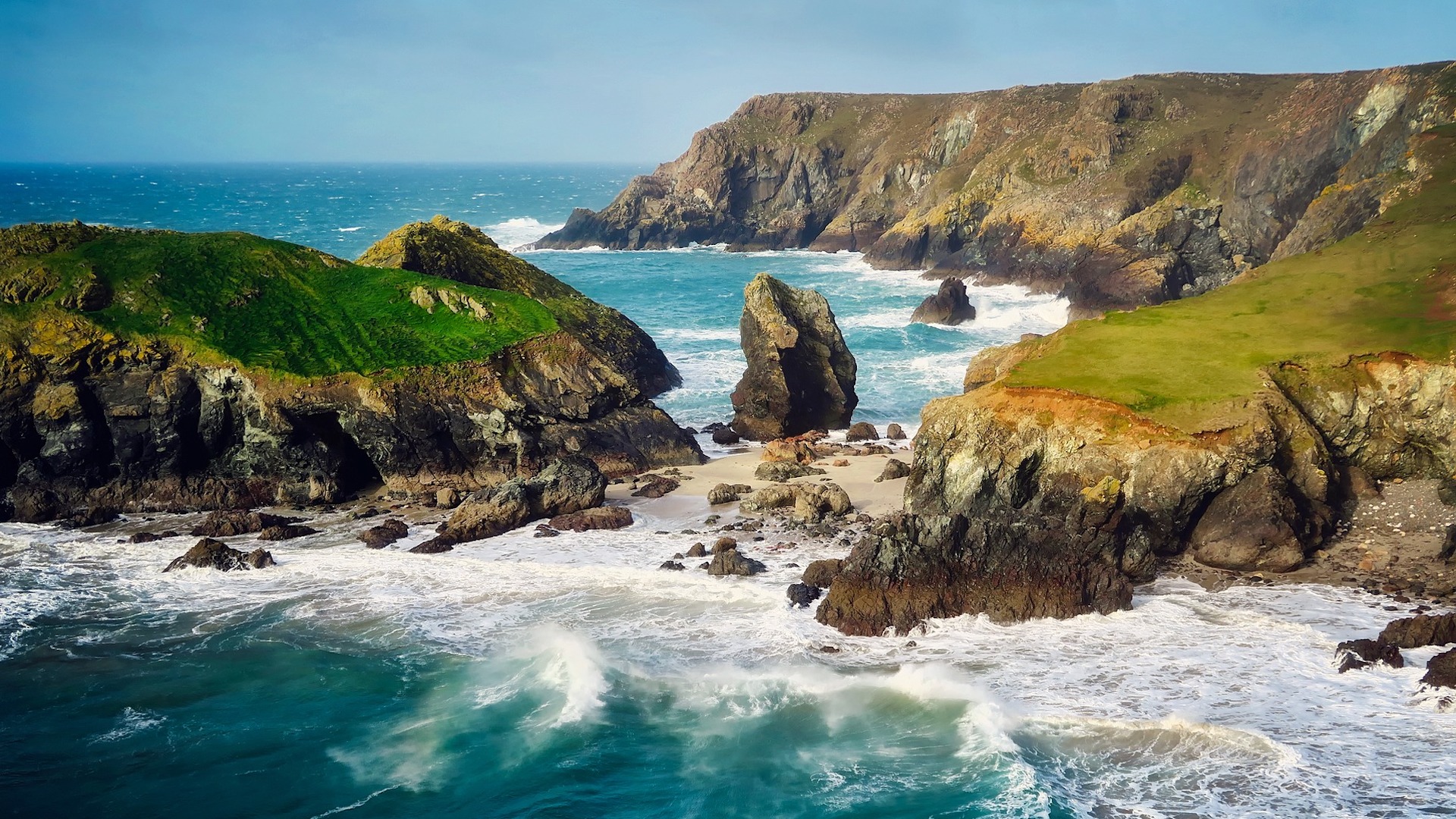That’s why slashing household emissions is key to protecting the ocean, and opting to take the bus more often instead of driving a car is a hugely effective way to reduce your carbon footprint.
Only purchase items in recycled plastic, if you need to buy plastic at all
Plastic pollution is one of the biggest dangers to the ocean, with up to 2.2 million metric tonnes of plastic waste generated in the UK each year. When you buy new plastic, you not only maintain the demand for it but risk contributing to the swathes of plastic packages choking beaches, rivers and seas.
It can be tricky to avoid, but selecting recycled plastic items – or buying products you know will be easily recyclable – where possible is a simple way to cut your impact on the oceans and the planet.
Prevented ocean plastic is a term for plastic made from pieces collected around coastal areas, which is reported to have prevented 20,000 tonnes of plastic from entering our seas so far. Aldi, Lidl, Waitrose, Sainsbury’s and Booths already use the material in some of their packaging.
Switch to ocean-friendly cleaning products
Nearly every cleaning product we use ends up down our drains then deposited into rivers and oceans. Many of the bleaches, sprays and cleaners we use contain non-biodegradable ingredients and chemicals, meaning they don’t break down in nature and can harm the environment, even ending up in our food chain.
Pick up a bottle of washing up liquid or laundry detergent and you’re likely to see the small print labelled on the back of the product: “harmful to aquatic life with long-lasting effects”.
Advertising helps fund Big Issue’s mission to end poverty
But it’s not all bad news. As climate consciousness increases in the UK, so too does the offering of alternative cleaning products which won’t pollute the ocean. Brands such as Method, Ecover and OceanSaver make affordable, vegan products, and are easily available in British supermarkets if you decide to make the switch this World Ocean Day.
Shop sustainably for seafood
Cod, prawns, haddock, salmon and tuna make up almost two thirds (64 per cent) of the UK’s seafood consumption, according to environmental charity WWF. If we are to protect the species we rely on for our diet, there are simple ways to be more mindful of where our fish comes from.
Shopping local is an important part of caring for our oceans. Buying fish from your nearby fishmonger or wholesaler means you’re more likely to learn exactly where it came from and how it was sourced. That makes it easier to both support your local fishing industry and to cut down on the carbon emissions your seafood produces from ocean to plate.
Get involved in a beach clean
After more than a year in and out of lockdowns, many people have grown familiar with the benefits of getting out into nature.
As the country emerges from restrictions, taking the time to reconnect with the environment is still important. Taking part in a local beach clean is a great way to do that while also helping clear up the British coastline this World Ocean Day and protect the ocean from polluting plastics.
Surfers Against Sewage is running the UK’s biggest ever beach clean this year, aiming for 100,000 volunteers to pitch in and clean one million miles of beach.
Advertising helps fund Big Issue’s mission to end poverty
Those who want to get involved can find their local event on a dedicated beach clean website, and are encouraged to track their distances – therefore areas cleaned – using apps such as Strava.
You can track down and join your local beach clean, or organise one yourself if there isn’t one nearby.
Surfers Against Sewage will provide all the resources you need including an interactive map to promote your clean, materials to advertise the clean and the charity will even cover you with its public liability insurance.









